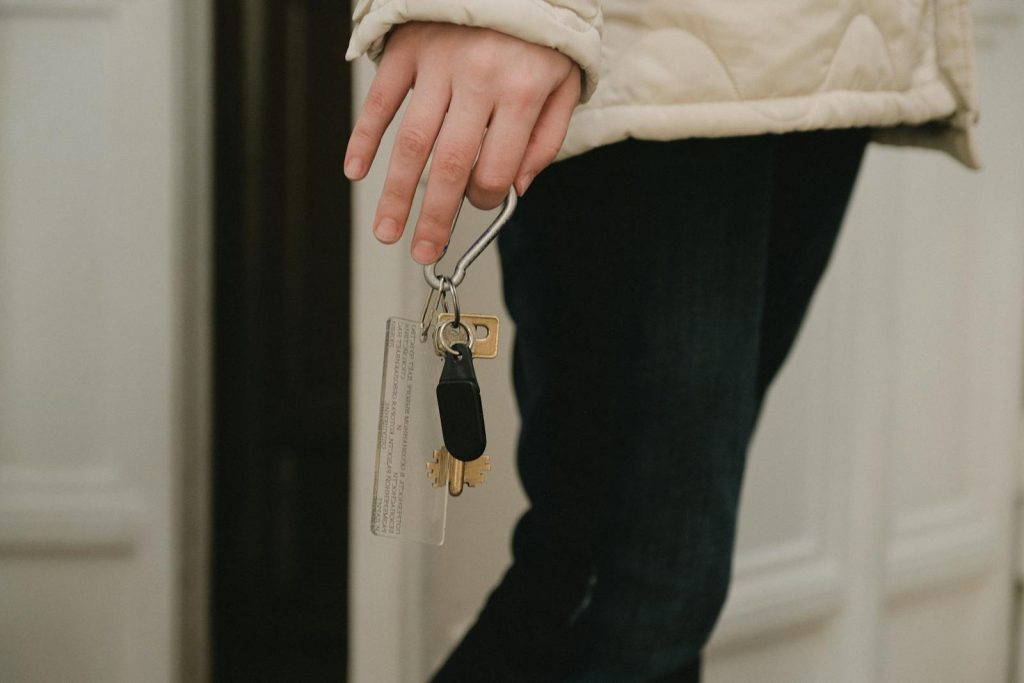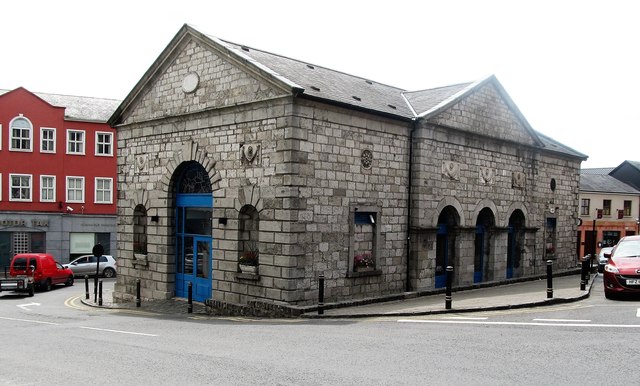Renting in Ireland can feel overwhelming, especially when you’re navigating new rules like Rent Pressure Zones (RPZs). Whether you’re preparing your tenant resume, updating your rental history, or simply trying to understand your rights as a tenant, it’s vital to know what Rent Pressure Zones mean for you. One of the most common questions renters ask is: how much can my rent increase in an RPZ?
In this guide, we’ll break down RPZ rules in clear, simple terms so that you know exactly what to expect and how to protect yourself in today’s rental market.
What Are Rent Pressure Zones?
Rent Pressure Zones are areas where rents are highest and rising quickly. The Irish government introduced RPZs to slow down the rate of rent increases and make housing more affordable in these high-demand locations. If you’re renting in Ireland, chances are your property is in one of these zones.
Under RPZ rules, rent increases are limited to a maximum of 2% per year, but this only applies in specific circumstances and with proper notice.
Key Facts:
- RPZs are designated by the Residential Tenancies Board (RTB).
- They cover much of Dublin and other major urban areas.
- Not every rental property is subject to RPZ rules (we’ll cover exceptions shortly).
How Much Can My Rent Increase in an RPZ
If your home is within a Rent Pressure Zone, your landlord cannot raise your rent by more than 2% annually. This cap applies only if your tenancy is ongoing and you’ve been living in the property continuously.
The formula used for calculating allowable increases is based on how long it’s been since the last rent review. If it’s been 12 months or more, the landlord may apply a maximum increase of 2%, unless inflation is lower (in which case the increase may be lower too).
Example:
- If you pay €1,000 a month, a 2% increase would raise your rent to €1,020.
- The increase can only happen once every 12 months.
- You must receive at least 90 days’ written notice before any rent change takes effect.
Are There Exceptions to the RPZ Rent Cap?
Yes, some situations allow landlords to raise rent beyond the 2% limit. These include:
- Newly built properties (completed in the last two years and not let before).
- Substantial renovations that go beyond simple upgrades (must meet specific criteria set by the RTB).
- Properties not rented in the last two years, which can reset to market rent.
If your landlord claims an exemption, they must notify the RTB in writing and provide evidence. As a tenant, you have the right to question the exemption and appeal if you believe the rent increase is unfair or unjustified.
Your Tenant Rights Under RPZ Rules

Being informed helps protect you from unlawful rent increases. As a tenant, you’re entitled to:
- Proper notice (at least 90 days) before any rent increase.
- A written explanation that includes how the new rent was calculated.
- Evidence of local market rents for similar properties (your landlord must include three examples).
- Recourse through the RTB if you feel the rent increase breaks RPZ rules.
If you’re unsure whether your rent rise is legal, you can contact the RTB.
How Rental History Affects Future Rent
Your rental history plays an important role in your renting journey. If you have a clean track record — timely rent payments, no disputes, and strong references — landlords are more likely to choose you over someone with gaps or issues.
In Ireland’s competitive rental market, having a clear and complete rental history also helps you negotiate. If a landlord sees that you’re a long-term, responsible tenant, they may be more willing to discuss fair terms or even delay increases.
Tenantin.ie offers a free tool to help you record your rental history securely and professionally. This makes it easy to share with landlords when applying for a property.
Build a Strong Tenant Resume to Stay Ahead
While understanding RPZ rules is important, having a solid tenant resume can be just as valuable. Your resume is your first impression — a summary of who you are, your rental history, employment status, and more.
A great tenant resume includes:
- Contact details
- Verified rental history
- Employment information
- References or landlord reviews
- Identification documents (optional)
Using a platform like Tenantin.ie, you can create a free tenant resume and share it with landlords directly. The tool also helps you complete your profile with employment details, which landlords appreciate when screening tenants.
Use Tenantin.ie to Take the Pressure Off
Navigating RPZ rules, preparing your tenant resume, and managing your rental history can be stressful. That’s where Tenantin.ie steps in.
We make it easy for tenants in Ireland to:
- Create a free tenant profile and resume
- Record and update their rental history
- Get daily alerts for new listings (with the On a Hunt premium feature)
- Automatically apply to matching listings on FindQo.ie
- Connect with landlords and boost visibility
Our goal is to level the playing field, so every tenant has a fair shot at finding a great home.
Explore the platform or log in here:
Know Your Limits, Know Your Rights

If you’re renting in a Rent Pressure Zone, remember that landlords cannot increase your rent by more than 2% per year under most circumstances. Staying informed, documenting your rental history, and building a strong tenant resume will help you protect your tenancy and stand out when applying for new homes.
As rent prices continue to climb, tenants who understand the rules — and make the most of free tools like Tenantin.ie — are far better positioned to navigate the rental market with confidence.
Ready to create your free tenant resume and improve your chances of renting in Ireland?
Visit Tenantin.ie and start today.
Frequently Asked Questions
What is a Rent Pressure Zone (RPZ)?
An RPZ is a designated area where rent increases are restricted to prevent excessive rent hikes and promote housing affordability. These zones are typically in places with high demand for rental properties and limited supply.
How much can my rent increase each year in an RPZ?
In an RPZ, rent increases are generally capped at 2% per annum or the rate of inflation (as measured by the Harmonised Index of Consumer Prices), whichever is lower. This cap helps ensure that rents do not rise too quickly.
How often can my landlord increase the rent in an RPZ?
Landlords in an RPZ can only increase the rent once every 12 months. They must also provide tenants with at least 90 days’ written notice before the increase takes effect.
Are there exceptions to the RPZ rent cap?
Yes, exceptions apply if significant improvements have been made to the property, enhancing its overall value and standard. However, these improvements must go beyond mere maintenance.
How can I find out if I am living in an RPZ?
You can check if your area is within an RPZ by visiting [tenantin.ie](https://tenantin.ie), where you can access detailed maps and lists of current RPZs across Ireland.
What should I do if my landlord raises the rent beyond the allowed limit?
If you believe your landlord has increased the rent unlawfully, you have the right to dispute it through the Residential Tenancies Board (RTB). It’s important to maintain records and documentation for any such disputes.
Are new rental properties subject to RPZ rules?
Newly built properties or those that haven’t been rented in the last two years may be exempt from RPZ restrictions for their first tenancy agreement. However, subsequent agreements will likely fall under RPZ regulations.
Can my landlord charge different rents for different tenants within the same property?
No, all tenants in similar accommodation within a property should be charged the same rent unless there have been changes in conditions or substantial improvements made to one of the units.
How do I know if my rent is fair?
You can compare your current rent with similar properties in your area using resources like findqo.ie, which offers insights into local rental market trends and averages.
Where can I get more information on renting regulations in Ireland?
For more detailed information on renting regulations, including those governing RPZs, visit [tenantin.ie](https://tenantin.ie). They offer comprehensive guides and updates relevant to tenants across Ireland.
Understanding how rent increases work in an RPZ is crucial for tenants aiming to manage their housing expenses effectively. Stay informed and ensure your rights are protected by regularly checking reliable sources and regulatory sites.



